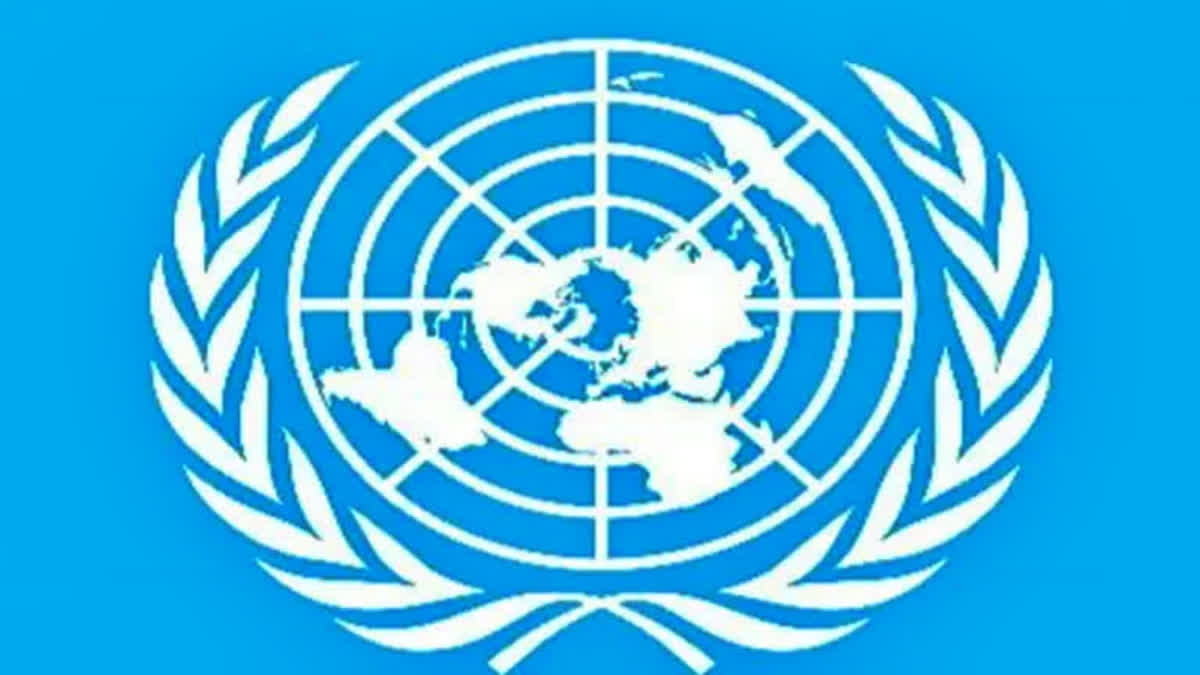United Nations: The U.N. General Assembly approved a resolution Thursday that will establish an independent body to determine what happened to more than 130,000 people missing as a result of the conflict in Syria.
The resolution, an important response to appeals by their families and loved ones, was adopted by the 193-member world body on a vote of 83-11 with 62 abstentions. Among those opposing the resolution was Syria, which said it will not cooperate with the new institution. Russia, China, North Korea, Venezuela, Cuba and Iran also voted no.
The resolution, spearheaded by Luxembourg, noted that after 12 years of fighting in Syria "little progress has been achieved in alleviating the suffering of families by providing answers as to the fate and whereabouts of all missing persons."
It authorizes the establishment of an Independent Institution of Missing Persons in the Syrian Arab Republic, under U.N. auspices, "to clarify the fate and whereabouts of all missing persons … and to provide adequate support to victims, survivors and the families of those missing."
It says victims, survivors and the families of the missing should be represented in the new body, which will be guided by principles including "do no harm," impartiality, transparency and the confidentiality of sources and information.
Under the resolution, U.N. Secretary-General Antonio Guterres must present terms of reference for the new institution within 80 working days and take steps to speedily establish the body and put it in operation. It requests the U.N. chief to report on the implementation of the resolution within 100 working days.
Luxembourg's U.N. ambassador, Olivier Maes, told the General Assembly before the vote that "every day families, especially women, face administrative and legal difficulties, financial uncertainties and deep trauma as they continue to search for their missing loved ones."
He noted that Guterres recommended in a report last August that U.N. members consider establishing an independent institution to clarify the fate of the missing. The U.N. chief cited insufficient coordination among current bodies dealing with Syria's missing and said families often had to report disappearances to multiple places.
Maes said the new institution will be "a one-stop shop" and serve as a single place to collect and compare data and ensure coordination and communication with all parties. Syrian Ambassador Bassam Sabbagh called the resolution "politicized," saying it clearly reflects "flagrant interference in our internal affairs" and provides new evidence of the "hostile approach" of the United States and other Western nations to his country.
Urging a "no" vote, he said Syria has addressed the issue of missing persons, processed all claims of disappearances submitted to law enforcement authorities and carried out "independent investigations in accordance with Syrian law and on the basis of available information and resources."
U.S. deputy ambassador Jeffrey DeLaurentis said many of the missing were unjustly detained or taken by the parties to the conflict, including individuals believed to be missing at the hands of the Islamic State extremist movement and other terrorist groups.
"Nearly every Syrian family is affected by this issue," he said. "Confirming the fate and whereabouts of the miissing, securing their release, and returning the remains of those who perished to their families is a moral and humanitarian imperative." DeLaurentis said that "even with limited or no initial cooperation from Damascus, we believe this institution will make meaningful progress."
Syria's uprising-turned conflict, now in its 13th year, has killed nearly a half million people and displaced half of its prewar population of 23 million. The International Commission on Missing Persons cites U.N. estimates that in 2021 more than 130,000 Syrians were missing as a result of the conflict.
In the run-up to the vote, over 100 civil society organizations and 23 U.N. human rights experts had urged the General Assembly to establish an independent institution. The organizations, including Amnesty International and Human Rights Watch and a dozen Syrian groups, called on U.N. member nations "to support the families' right to truth." They noted that the call was also supported by the International Committee of the Red Cross and others. (AP)



